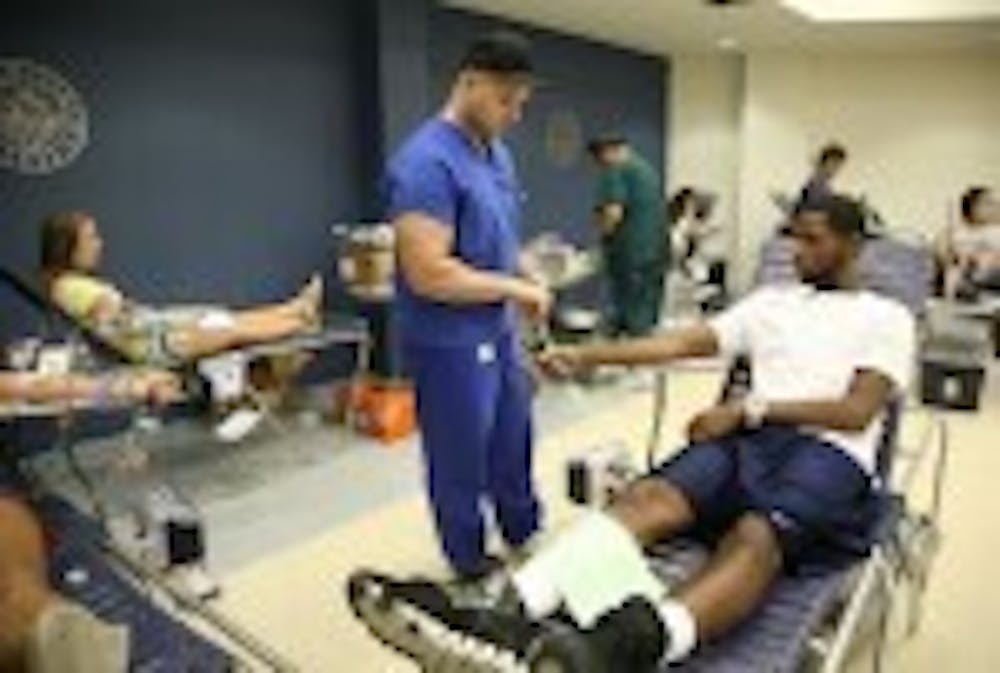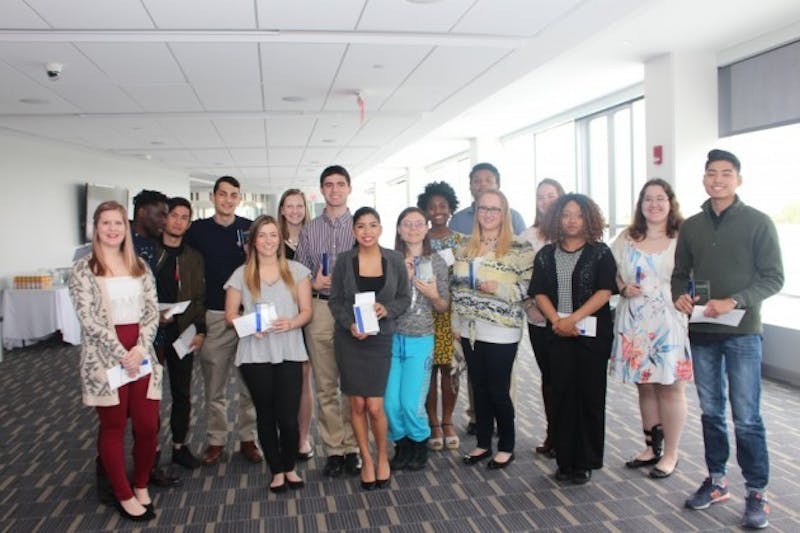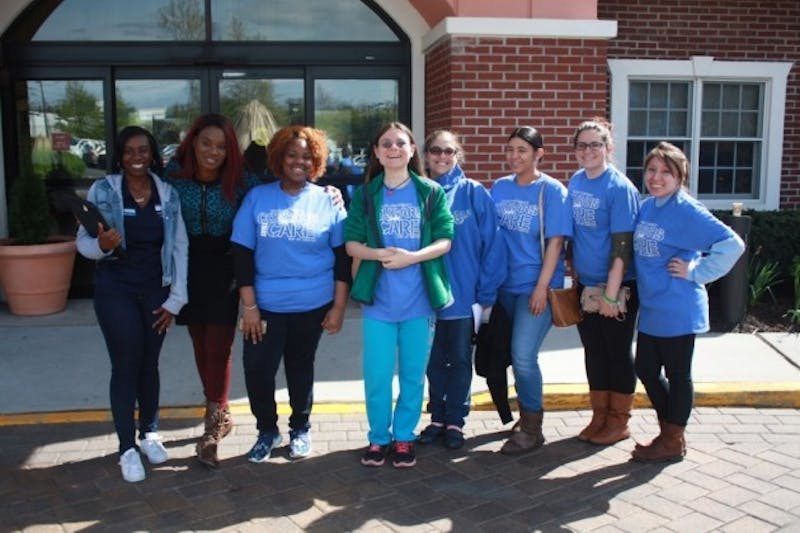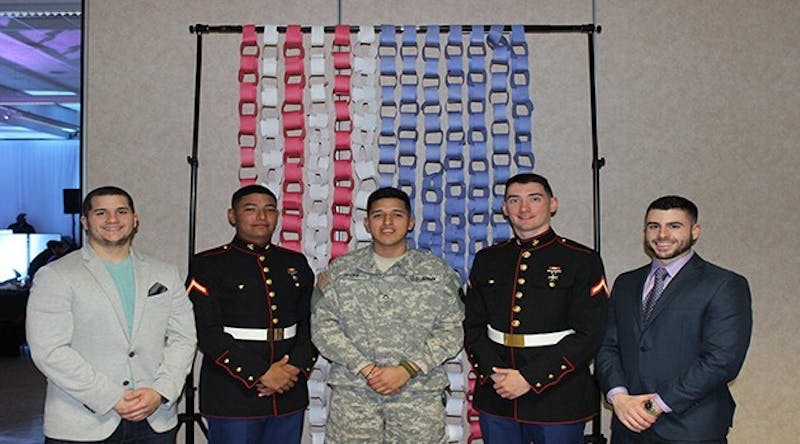Students flock to the first blood drive of the year
Photo courtesy of Keanxchange
Every two to three seconds, someone needs a blood transfusion. On Thursday, September 10, 2015, from 11:30 a.m. to 5:30 p.m., the center for leadership and service (CLS) hosted the first blood drive of the year.
Each month, through the resources New Jersey Blood Services (NJBS) provides, students are afforded the opportunity to give back through their donation of blood; for each donation, three lives are saved. Kean University cultivates a culture of respect and compassion for all people and that is exemplified through its constituents.
Kimmarah Casey, sophomore criminal justice major, explains why she donated. She states, “[I donated] because any chance you get to help someone, why not? It’s not going to cost me anything.”
For years, NJBS has been combating a pervasive and persisting blood shortage. With every blood drive, at the university and otherwise, they are making strides toward mending that deficit. Ben Chung, junior industrial design major, shared his sentiments. He states, “I like donating. I think only about 26% of people have my blood type, which is B positive, so I enjoy giving because this is one of the few ways I can help out.”
Many students don’t know their blood type and the importance it has in the surrounding society. For instance, O positive can be safely transfused to 85% of all patients and it carries a specific trait that is particularly beneficial to infants and children. Students who know their blood type and understand its role have a unique connectedness to the lives that they save through their donation.
Kean University has always been proactive in their commitment to service. Offering numerous opportunities to give back, they consistently perpetuate an atmosphere of caring for the community. For more than 5 years, NJBS has partnered with Kean University to ensure that people have access to the blood they need to live happy and healthy lives. This partnership has in turn made a considerable difference in the lives of many patients. Leslie Morales, mobile recruiter for NJBS, emphasizes the importance behind every donation. She states, “it’s important because there’s a lot more causes than accidents. You have things like cancer, blood deficiency, ect…”
As a form of community service, blood drives are distinctly inexpensive and accessible. For college students, these two aspects are invaluable. For many students, typical community service is too costly or time consuming. “I first started donating [blood] my junior year in [high school] and it’s always good to see all the people who are donating…It’s really convenient [too,] people can donate easily.” Chung states.
Many students cite convenience as one of their primary reasons for choosing to donate blood as a way of giving back. Considering the demanding schedules of most students, hosting the monthly blood drive on campus is both cost efficient and a feasible way for students to do their civic duty.
The criteria for giving blood is quite specific and those looking to give must fill out an application as a part of a pre-screening process. The process serves to test for things such as low iron, weight and good health. Students who are considered ineligible for one reason or another, can donate in other ways. Many of them volunteer their time and energy to the cause by assisting with registration, advocacy and acting as spotters. Although they are unable to give in the traditional way, they understand that giving blood is just one facet of the larger cause. Morales further explains their positions. She states, “…they volunteer their time to help [with the] refreshment table, watch over other people that have donated, pass out flyers, point people in the right direction; really just spreading the word.”
The role of the volunteer has the potential to significantly affect attendance. Often times, students are more apt to share when they are comforted by the presence of their peers. Consequently, volunteers play a critical part in the success of each blood drive. Morales attempts to quantify those exact successes, “…it depends on each place, but something like this we get anywhere from 80 to 100 people, smaller drives like churches and malls get less, like 30 [people].”
An estimated 95 percent of all Americans will need a blood transfusion at some point in their lives. While many students may have never received blood, or know anyone who received blood, their donation is still very important to the community at large. Marquiale Davis, senior psychology major, supported the drive by being a donator, volunteer and advocate. He states, “Here at Kean we have access to a large population of people, and anything getting young people involved is good.” Like many other forms of community service, giving blood is tremendously rewarding in various ways.
As college students mature and develop, it impresses on their character a sense of social responsibility, one that will likely stay with them forever. The next blood drive will be Thursday, October 8, 2015, between the hours of 11:30 a.m. and 5:30 p.m.







